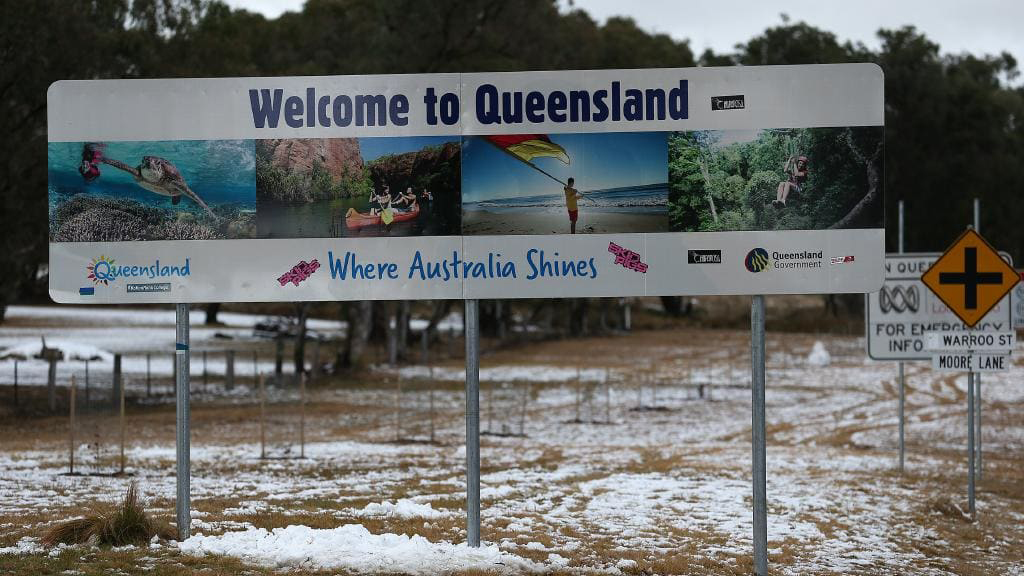Earth has ice in its veins and nations like New Zealand are wasting resources and energy needlessly panicking over fossil fuels and so-called “climate emergencies”, says a New Zealand geologist once dubbed by Stuff as one of the“intellectual heavyweights of the Canterbury geological sciences department”.
Over the years, I’ve noticed two obvious patterns: firstly, geologists, who are used to dealing with deep time and big pictures, tend to be remarkably sceptical about climate alarmism. Secondly, older and retired scientists even more so. As no less than David Suzuki argues, scientists who no longer have to toe the line of academic conventional wisdom in order to chase down grant money – or risk outright career destruction, like Peter Ridd – are dangerous to scientific groupthink, simply because they’re freer to say what they really think.
Professor David Shelley argues that the key assumptions of the climate alarmists are simply untrue, or of no concern.
Activists, with some success, are demanding climate emergencies be declared around the world, making those demands on the basis that temperatures are at record highs, glaciers and sea ice are melting at unprecedented rates, and sea levels rising dangerously.
A cursory examination of the geological literature shows that the first two assertions are simply not true, and that rising sea levels are par for the course.
Earth has been much hotter (up to 10C hotter) for the vast majority of geological time. Jurassic Park was very hot, and when the dinosaurs suddenly died out 65 million years ago, the succeeding age of mammals was similarly very hot. The last million years (a mere heartbeat on the geological time-scale) has been atypically cold, with extraordinarily large fluctuations in temperature…the record would suggest we might soon descend into another dangerously cold glaciation.
I grew up in a beachside suburb. Not far away was a spit with a hill at its end. I later learned that, at one time, that hill had been an island. Before that, the entire bay was a vast, shallow valley. Sea levels rise and fall constantly.
Sea levels are rising, but just 12,000 years ago, at the end of the last glaciation, sea levels were as much as 140m lower than today, and they then rose dramatically as we entered this interglacial. Sea levels were significantly higher than today just a very short time ago.
Sea levels were also significantly higher in the last interglacial 125,000 years ago; Florida Keys, for example, is the remains of a coral reef that grew then.
The really major ice melt was during the transition from the last glaciation to today. Canada was covered entirely by a massive sheet of ice with no vegetation and New Zealand’s South Island lakes were 1km-thick glaciers — so today’s reductions in sea ice and glacier volumes are quite trivial.
But what about those dangerous greenhouse gases?
Alarmists assert that despite all that, CO2 is a greenhouse gas and we are pumping large quantities of it into the atmosphere, causing catastrophic warming. But the Intergovernmental Panel on Climate Change does not know how potent CO2 is as a greenhouse gas…if climate sensitivity is low (close to one) then our emissions will never dangerously warm Earth. Climate sensitivity due to CO2 alone is actually just one, but climate scientists add all sorts of uncertain feedback effects to make it higher.
Which sounds suspiciously like massaging data to fit the theory, a key characteristic of pseudoscience.
It is an indictment of our education system that students are convinced today’s climate change is extraordinary when it falls well within the bounds of natural climate change. They should be told, too, that we do not know how potent CO2 is as a greenhouse gas.
None of this means we should treat our world with cavalier disregard. But surely we should concentrate on real problems, which we can fix, rather than fretting about scary sky dragons.
We must stop polluting the oceans, stop overfishing, find more sustainable sources of electricity and control population growth. Given the present reality that large nations such as China dominate global emissions and are increasing them, nations such as Australia and New Zealand need not panic over the use of fossil fuels…I suggest to the activists that the clarion call for action should be “managing the environment and sustainability”, not “stopping climate change”.
The very idea that we can stop climate change is barking mad. Climate change is inevitable, as geology has always shown.
theaustralian
In fact, the favourite slogans of the climate alarmists are all-but nonsensical: “climate change is real”? Who actually imagines that Earth is naturally a stable system? Climate alarmists, apparently.

